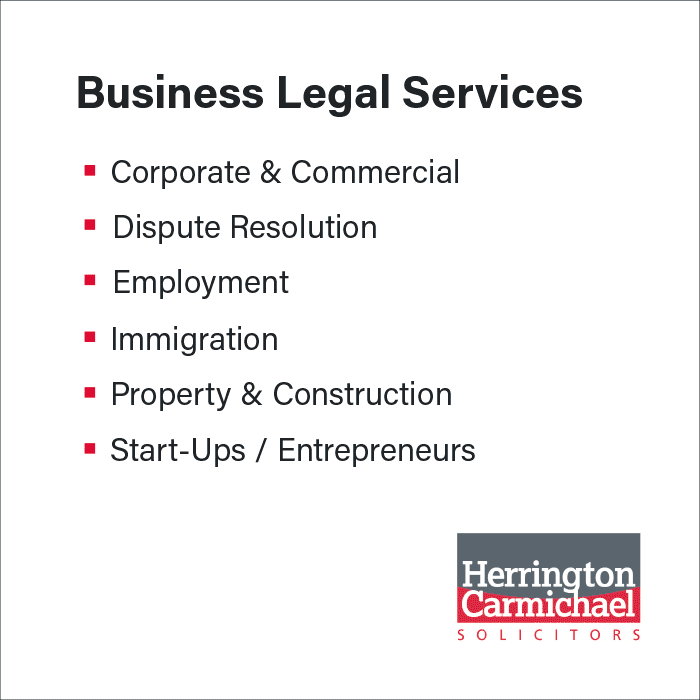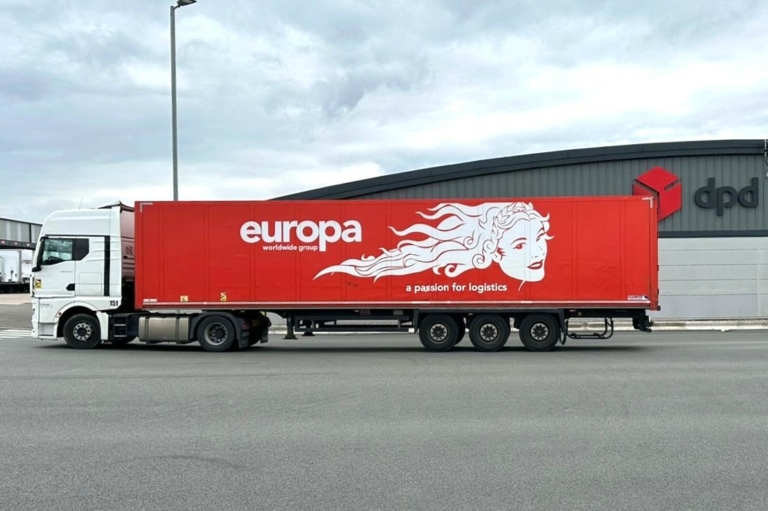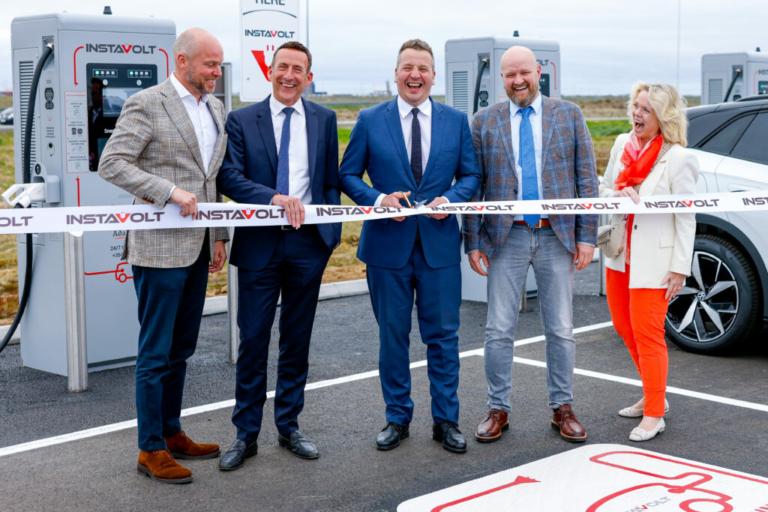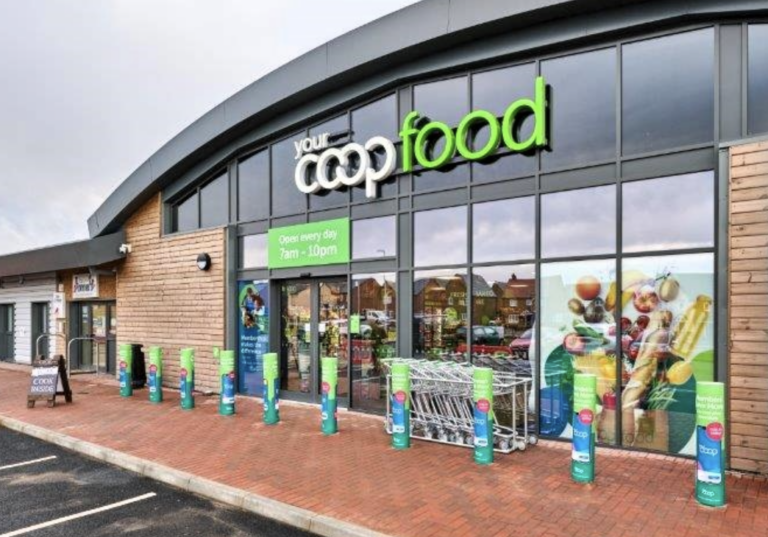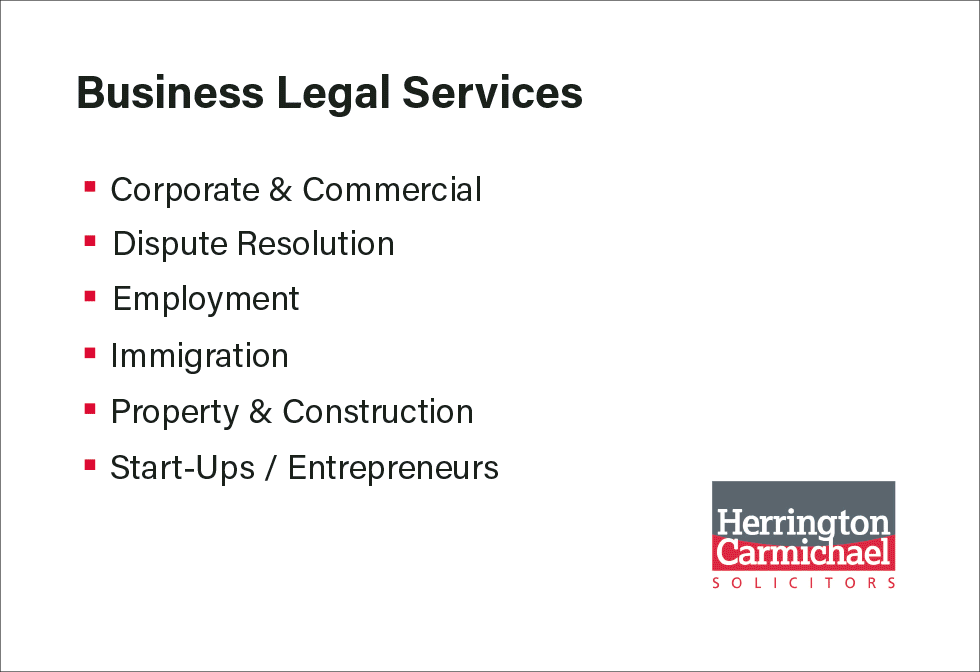Roundtable: The importance of a robust ESG strategy
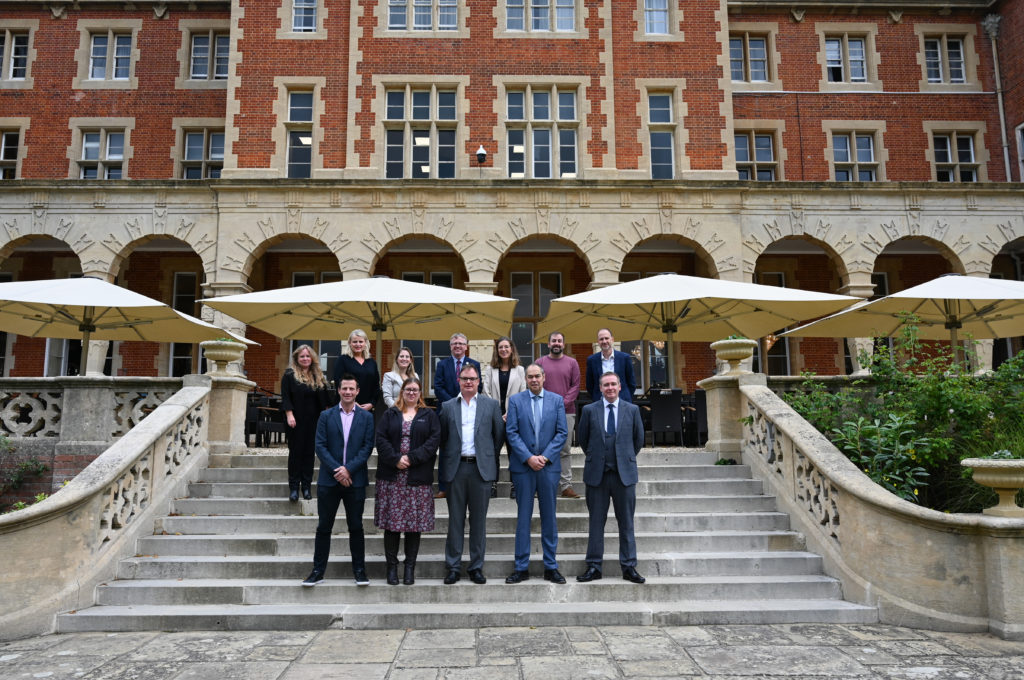
An Environmental, Social and Governance strategy is now business critical with investment, contracts and recruitment becoming increasingly linked to a firm’s sustainability score
Developing an Environmental, Social and Governance (ESG) strategy is rapidly moving to the top of the corporate agenda, even in an era of turbulent economic times, as organisations gain an appreciation of its value when it comes to winning new business, investment and recruiting staff.
The Business Magazine, in partnership with Redwood Technologies Group, hosted a roundtable in October at East Hampstead Park in Wokingham to discuss how an ESG strategy can be fostered within organisations large and small, its importance in the current business landscape and what are the pressure points and challenges.
Defining what ESG means to an organisation is a crucial defining first step that firms take in their ESG journey as it sets the scope for how deep that sustainability-driven change will run.
Sean Taylor, CEO of Redwood Technologies Group which owns cloud contact centre solutions provider Content Guru, said setting up committees around ESG and diversity had been pivotal in driving forward strategy.
He said: "With ESG, you are mashing together three quite separate areas and there is a lot of work to do on strategy so that we end up with something coherent and productive.
"Getting to net zero is a big driver for us, and we have a long tradition on the social and governance sides due to the nature of our business, which involves keeping sensitive data safe from cyber-attacks.
"We have spent time setting up committees to define the value of ESG to the business. This doesn't necessarily relate to profit, but we have found value in activities such as going into local schools to promote engineering to young women. There is business value, and most importantly value for the community, within this type of initiative."

Sarah Atkinson, Director of Environmental, Social & Governance (ESG), at enterprise software firm Micro Focus said a clear strategy was vital if objectives were to filter throughout the organisation.
"A company's ESG strategy has to be something that is authentic and genuine, she said.
"It has to be embraced by the leadership team and the CEO. There has to be a golden thread which is achieved by a clear vision and strategy accompanied by education and awareness with your employees to help them understand what you are trying to achieve and why."

The first steps of any strategy are pivotal in defining its future success and this is especially true with ESG with the future prospects of organisations resting on having a robust approach.
Mark Wood, Chief Operating Officer of sustainable aviation pioneers Reaction Engines, said that creating a white paper to get buy-in from the top down was an impactful first step.
He said: "We created a white paper from all the pieces of information that we had collected and then we took that to our Executive Leadership Team (ELT) and board to get buy-in.
"We got this buy-in which is critical for any business. The ELT recognised that it was good for business, good for our people and aligned with our values.
"We created a scorecard which focused on three areas. It looked at where we are investing our money and if we are investing in sustainable technologies that are going to enable people. We also included diversity and how we are reaching out within our local community from the ELT down.”

For companies starting out on an ESG journey, the road ahead can be daunting with a plethora of acronyms and reporting legislation to contend with.
MoA Technology based at The Oxford Science Park was established five years ago and specialises in crop protection.
Office Operations Manager at the MoA Technology, Tracy Bell, said that her company would benefit from a local ESG support network.
She said: "We are still very early in the process and gleaning bits of information from companies we are meeting along the way and would greatly benefit if there was a support network of companies and organisations that we could discuss ideas with.
"We don't own the building that we operate out of so we have no control over heating or electricity so we are looking at alternative ways that we can impact on our ESG score.
"We are looking at how we purchase equipment and what the company that supplies it has done to meet their ESG requirements and we also recycle a lot of our equipment and recycle waste where we can.
"On the social side of it, we have been at The Oxford Science Park for almost a year and a half and we worked with the science park last year to do a collection for The Trussell Trust."
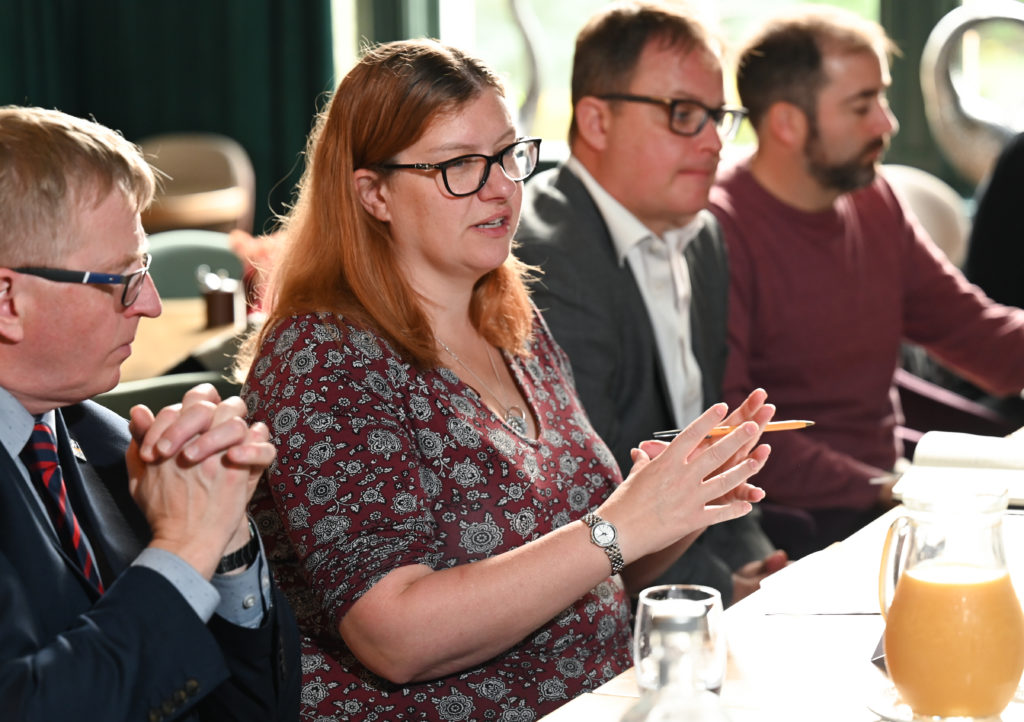
On the other side of the scale, Hitachi is a global organisation that employs 350,000 staff around the world and faces the challenge of developing a strategy across continents.
James Stevenson, UK Head of Market Development – ZeroCarbon Fleet at Hitachi, said Hitachi’s ESG strategy is informed by the UK ZeroCarbon team, however challenges remained in implementing a universal strategy across multiple business units.
He said: "Due to its global scale, Hitachi has a significant carbon footprint, our approach to ESG is both top down and bottom up. Our leadership has redefined the mission, Social Innovation is at the heart of our company and our transition to net zero.
"In terms of making a difference on the ground, it is challenging due to our scale and the high degree of autonomy each business unit has. Hitachi has focused on sharing best practice, in the UK our expertise in Electric Vehicles has informed European operations and now the rest of the world. We are also helping our suppliers to improve their operations, which in turn addresses our scope 3 emissions.
"Scale can make the ESG transition easier, but collaboration is important especially in a conglomerate. We working very hard to make sure that communication and innovation change is happening in a meaningful way."

Expanded reporting under Task Force on Climate-Related Financial Disclosures (TCFD) came into force this April meaning companies with 500 employees and £500 million in turnover have an obligation to provide sustainability information annually.
Sarah Atkinson said Micro Focus will make their first disclosure in February.
She said: "We established a new governance framework two years ago and set up a board level committee which has oversight of ESG along with a working group made up of different heads across the organisation.
"We also have an environmental sub group that spends a lot of time looking at the operational side of what we are trying to do in terms of reducing our environmental impact.”
Fran Boorman, founder of Goal 17, is developing a technology platform that will link companies with mentoring opportunities and also allow them to track their sustainability activities.
Fran said an inequality gap was emerging between large and small firms when it came to reporting.
"Reporting can create inequality as large businesses have the resources to deal with this but small businesses do not, she said.
"My technology is helping businesses to do this so small companies can compete as they don't have consultants or departments to deal with this.”
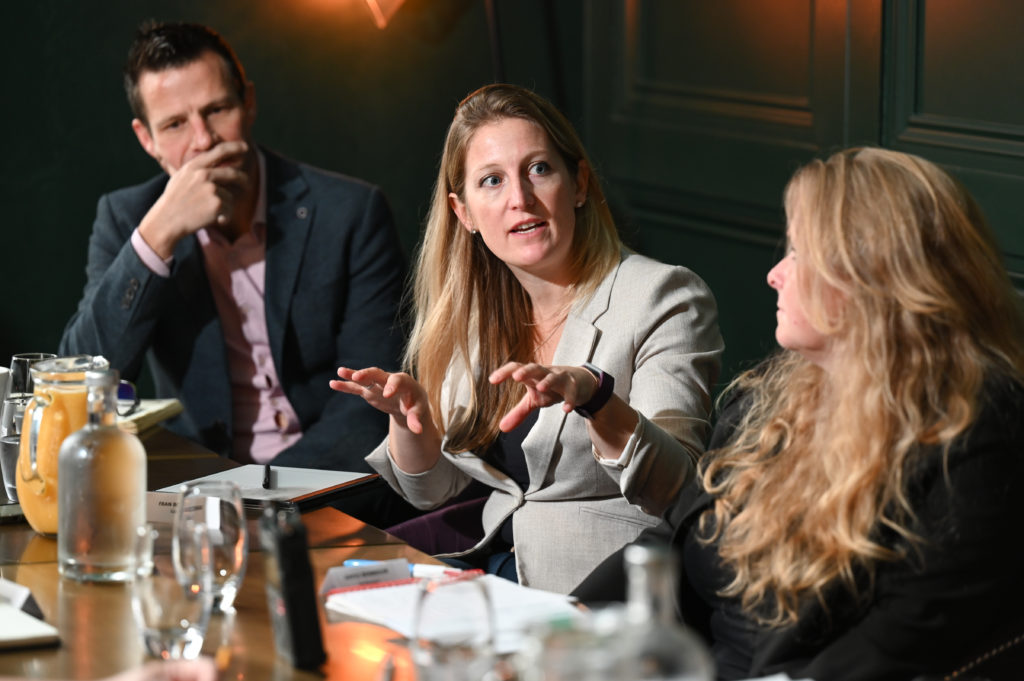
Technology is in no doubt key to helping companies reach their sustainability goals, however it has to be sensitive to the societal and economic circumstances that it is deployed in.
This was a point flagged up by Dan Williams, CEO of measurable.energy, who pointed to email as a prime example with its initial positive sustainability impact outdone by spam.
He said: "Take email as a simplistic example which got rid of letters. This means we reduced paper consumption, which is good, but then spam email was discovered.
"Energy consumption around email went through the roof and got rid of any benefit from removing paper.
"We should always consider the rebound impact as there will always be things that will be hard to foresee or predict. You have to plan and consider the best - and worst-case scenarios across the full lifecycle of a technology.”
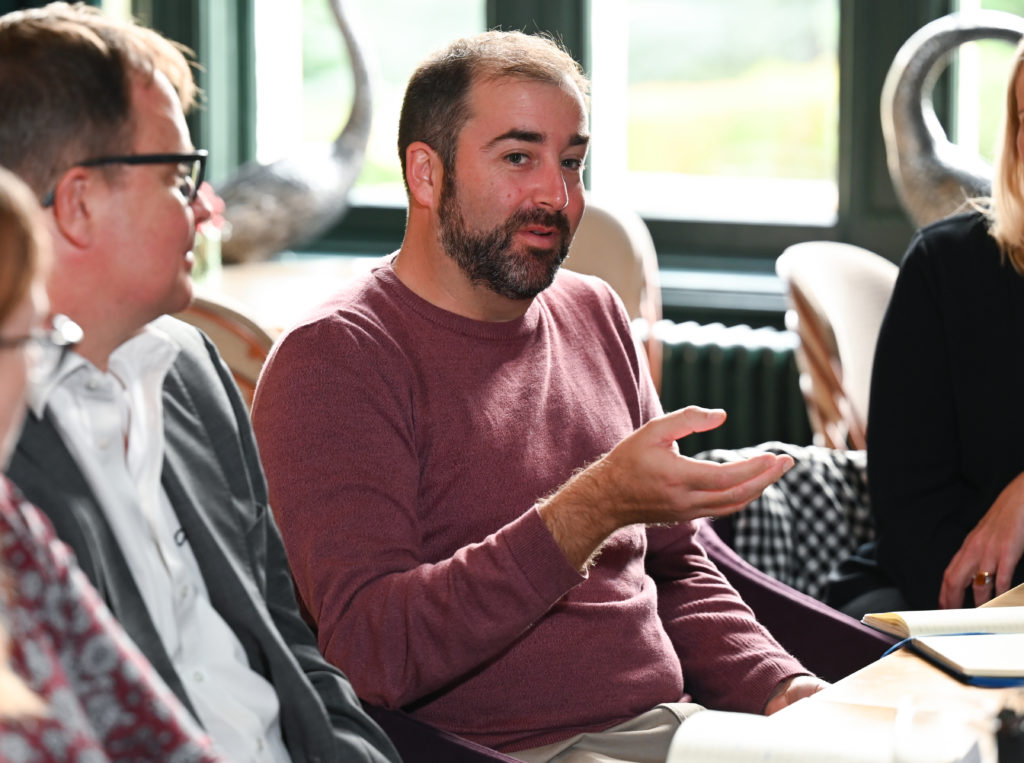
Sean Taylor pointed to the need for a systems solution when it came to technology with carbon off-setting in the airline industry enabling the ability of multinational firms to keep functioning.
“Necessity is the mother of invention, he said.
"A big concern for us is travel as we do business in 50 countries and if we did it as Zoom it wouldn't be as good.
"If the airline industry collaborates and solves the problem with fuel emissions then it gives flying a score of 0.
"The systems have to fit together as we just can't stop doing things. We can't conduct business as efficiently if we don't travel, so let's change the premise."
With a recession looming, investor pressure for companies on ESG disclosure remains. However, the focus on profitability and indeed survival is particularly poignant for companies battling inflation and rising supply chain costs.
Rowan Grobler, Investment Director at Gresham House Ventures, said companies needed to adopt a strategic approach to ESG and should strive to make positive incremental steps.
He said: "Business staying in business is important. If they go out of business then there is no ESG. Businesses still need to operate.
"They may have to halt some of the projects that they are working on and focus on one or two of the key aspects of ESG.
"What we see now is grass roots businesses that are looking at ESG and they are building business based on measuring what they are doing.
"They are not choosing the whole breadth of ESG, they are choosing one of E, the S or the G and trying to measure it and growing from there."
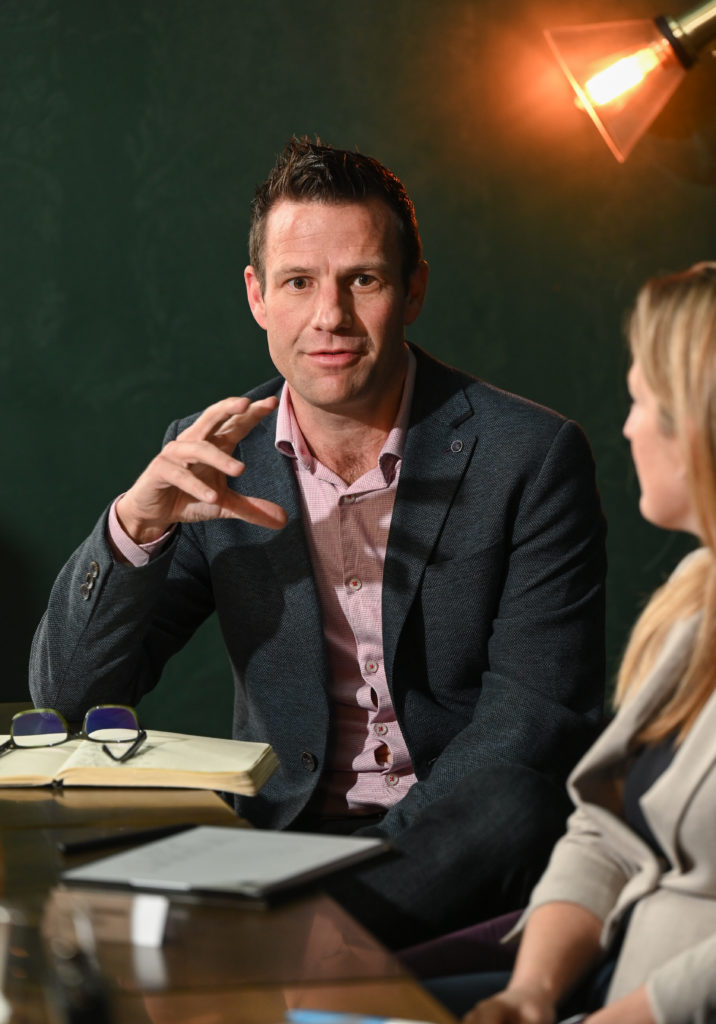
People are a company's key asset and core to their organisation shifting to a sustainable path however change of any description can often be met with opposition.
What, then, are the best approaches to encouraging staff buy-in?
Fran Boorman said that employees had to feel emotionally connected with their company's ESG agenda and one way this could be achieved was through community mentoring.
She said: "If you look at the companies that are going through growth they are the ones that are getting their people engaged with this.
"You have to educate and bring your people along with you because if you don't then they will not stay or be motivated to drive forward with you.
"People have to feel emotionally connected with the activity that they are doing and the agenda.”
Fran pointed to a collaboration with a national construction firm which trained staff as mentors in Southampton and helped ten homeless people into permanent accommodation and employment .
The scheme has helped the company win multi-million contracts by increasing the S part of their ESG score.
She said: "The construction firm worked with us not just so they could win contracts but they wanted to create social value and it was the right thing to do.
"Our programme with the Saints Foundation saw us use sport as a vehicle and meant that their managers were empowered and could see the impact that the work was having on the community.”
The Berkshire Community Foundation (BCF) matches companies with charities and in many cases carries out the logistics of their philanthropy.
BCF CEO Jon Yates said community action by companies provided a boost to staff morale alongside wider business benefits and that if businesses work collaboratively then the overall benefit to the community is multiplied.
He said: "Businesses are aware that recruitment is key and having an ESG strategy is a key way of inspiring people to join your organisation.
"Young people will join their business if they see them acting in a socially responsible way.
"There is also a bottom-line impact for business by being socially responsible and putting resources of the operation back into the local community where their staff live, work and play and where their customers are based too.
"By doing this they are generating a lot of goodwill internally and externally. Staff also get a spring in their step because their organisation actually gives a damn."

Creating a diverse workforce has proven benefits in improving the capability of a business. However, building a diverse work force is not without its challenges.
Building a positive sustainability public image is important, according to Mark Wood, who argues that this can only be done by careful communications including job advertisements.
He said: "People are at the very heart of everything we do. It is critical for our business that we have diversity in terms of creative thinking and a different way of doing things which helps with problem solving and creative solutions which is just so powerful.
"We looked at job adverts which were very technically focused and biassed towards males. Amongst other activities, we now have a process where every advert is screened to make sure they are not biassed."
Having good ESG credentials affects the very fabric on which business is conducted with having an acceptable ESG score even impacting on the terms a company will be able to gain insurance cover.
Gayle Bennouir, Risk Management Director at insurance broker VERLINGUE, said making sure your ESG data was recorded and available publicly would help with applications across multiple industries including insurance.
She said: "If your company is impacting negatively then it is important to consider what you are doing to reduce that risk and what you are doing to have a positive impact on society.
"Signing up with a public ratings agency such as EcoVadis allows you to share what you are doing so that people can go onto their platform to see what they are doing. This means you have it documented and can prove it.”
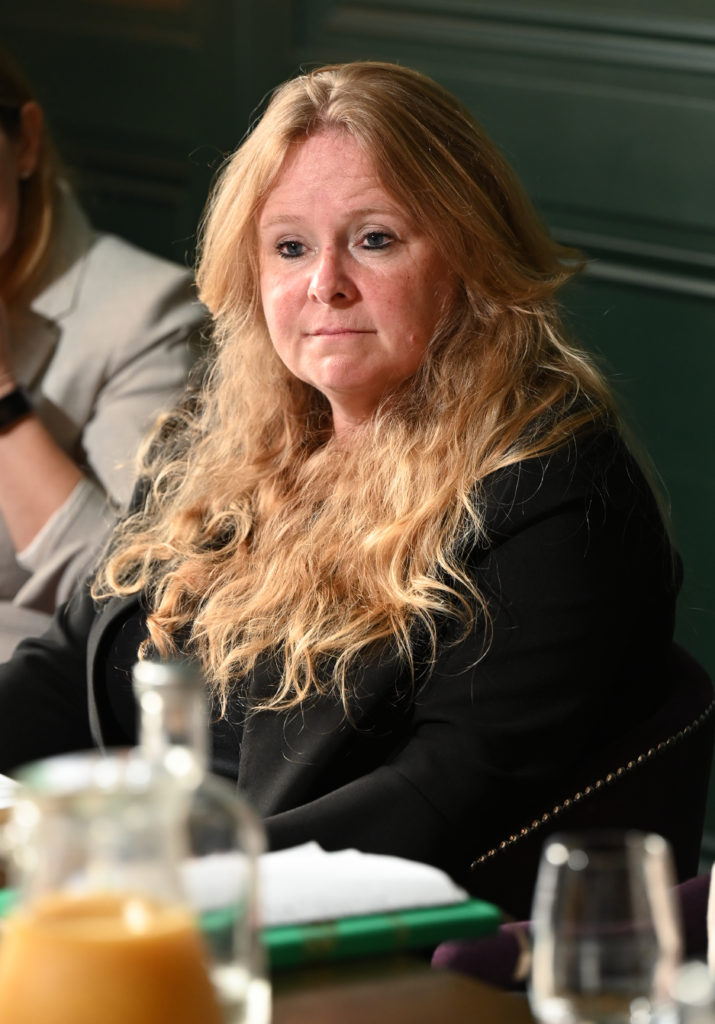
Sustainability concerns are also having a deep effect on our built landscape with the design of buildings expected to rapidly change in the years ahead.
Alicia de Haldevang, Sustainability Principal Consultant at engineering and design consulting firm Stantec, said that the challenge with creating future city landscapes was making sure that they were future-proof for the climate challenges ahead.
She said: "We have seen a lot of changes from Covid and from people working from home in terms of what people need from their own space.
"We have extreme weather events which linked to climate change, will be more frequent, and we are having to think about what people need from their spaces.
"In terms of a sustainability view, when looking at a development, it's about linking the E and S through nature-based solutions, to provide aesthetic, and functional solutions that can enhance health and biodiversity at the same time.
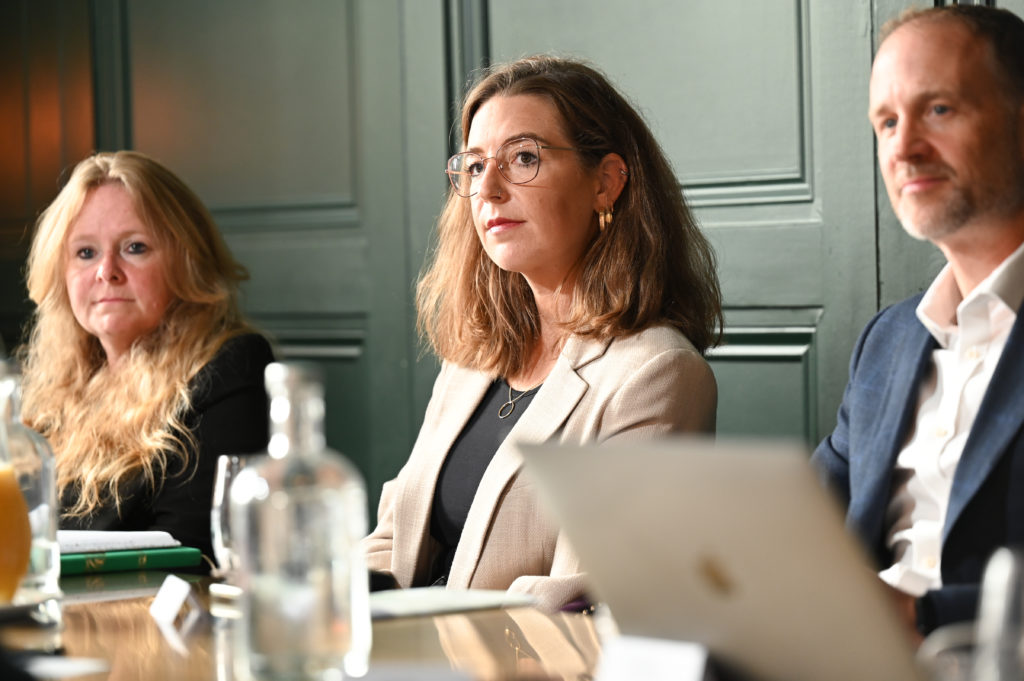
"What I would like to see in the future is more solar shading measures, through drought resistant trees, and green corridors to deal with the impacts of climate change.
"We also need to consider retrofitting our buildings as 80 per cent of our buildings will still be here in 2050, changes in transport mode, how we use our spaces as multi-functional places, such as our streets, and consider whether we have to build new buildings or infrastructure in the first place."





